
Can monocrystalline silicon be extracted from sand

Full article: Methods of extracting silica and silicon from
2020年3月18日 The most common solar cell technologies are monocrystalline, polycrystalline and amorphous Monocrystalline silicon cells are produced The manufacturing process of the wafer, all of it, a single crystal of silicon, which will constitute the cell, begins by extracting the silicon from the sand In this first extraction process, silicon still Monocrystalline Silicon Cell an overview ScienceDirect TopicsMonocrystalline silicon solar cells are made from highpurity monocrystalline silicon, which has the highest photovoltaic conversion efficiency (typically 20% or more) due to its homogeneous cell Essential Electronic Materials: Part 1 – Silicon2024年9月7日 Silicon wafers are made through a process called Czochralski growth, where a silicon crystal is pulled from molten silicon and then sliced into thin wafers What are the key steps in silicon wafer fabrication?Silicon Wafer Manufacturing Process: Sand to Silicon
.jpg)
Silicon Wafer Material: From Sand to Semiconductors
2024年1月9日 We’ll trace the transformation of silicon from ordinary sand into the silicon wafer materials used to manufacture chips and electronics We’ll cover everything from raw materials, to purification, crystal growth, slicing, grinding, The manufacturing process of the wafer, all of it, a single crystal of silicon, which will constitute the cell, begins by extracting the silicon from the sand In this first extraction process, silicon still Monocrystalline Silicon an overview ScienceDirect Topics2017年9月21日 In the first stage, the alkaline extraction and acid precipitation processes were applied on quartz sand to fetch silica nanoparticles In the second stage, magnesiothermic and Study on Production of Silicon Nanoparticles from Quartz Sand for Monocrystalline silicon, often referred to as singlecrystal silicon or simply monoSi, is a critical material widely used in modern electronics and photovoltaics As the foundation for siliconbased discrete components and integrated circuits, it Monocrystalline silicon Wikipedia
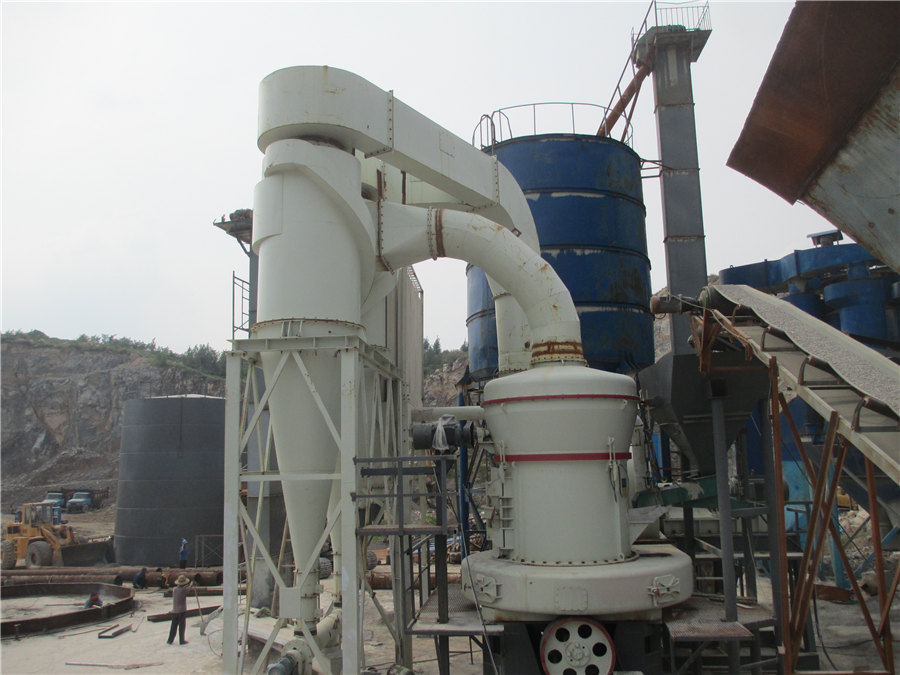
The Importance of New “SandtoSilicon” Processes for
2020年10月29日 One method for removing impurities from impure sands is through the dissolution of solid SiO 2 /silica into molecular/ionic monomers, ie, “SiO 2 depolymerization” (11,40) Driven by the interest in synthesizing Si Monocrystalline silicon can be treated as an intrinsic semiconductor consisting only of excessively pure silicon It can also be a ptype and ntype silicon by doping with other elements In the production of solar cells, monocrystalline silicon is sliced from large single crystals and meticulously grown in a highly controlled environmentMonocrystalline Silicon an overview ScienceDirect Topics2021年11月15日 Were it not for the thin sheath of water and carbonbased life covering it, our home planet would perhaps be best known as the “Silicon World” More than a quarter of the mass of the EaMining And Refining: Pure Silicon And The 2016年8月25日 There are more than 300 steps to turn sand into silicon, but you can group them into 10 key areas If you can't imagine how the stuff you make sandcastles with can become a Kaby Lake processor, From sandy beach to Kaby Lake: How sand becomes
.jpg)
The Importance of New “SandtoSilicon” Processes for the Rapid
2020年10月29日 Porous silicon can potentially address the poor cyclability and rate capabilities simultaneously by minimizing stresses and providing smaller silicon substructures for lithium diffusion Template assisted synthesis and magnesiothermic redn of silica to silicon offers a facile and scalable route for the prodn of porous silicon structures even when using a nonporous Silicon as it's used in electronics, can’t be found just lying about on the ground, at least not exactly The silicon used for silicon wafers needs to be extracted from silica sand before it can be refined and turned into Si wafers How It’s Done Silica sand contains oxygen that needs to be removed to leave pure siliconWafer Manufacturing Process: Each Step Matters2023年12月20日 Production of monocrystalline silicon All the methods of purifying silicon that we’ve mentioned so far produce silicon formed from lots of individual crystals (‘polycrystalline silicon’), but for silicon wafers used in electronics and (increasingly) for solar cells, single crystals of silicon are needed (‘monocrystalline silicon’)From quartz to silicon to silicones Magazine2022年8月25日 Then, because this silicon crystal is also remarkably brittle, you have to get out an incredibly long diamondstudded wire, also very clean, and string it up such that you can simultaneously slice out all the (generally) 160millimeterthick silicon wafers possible from that up to 2meter long monocrystalline silicon ingotFrom Sand to Solar Modules: The Construction of Solar Cells
.jpg)
The UltraPure, SuperSecret Sand That Makes Your Phone Possible
2018年8月7日 Regular construction sand, at the other end of the sand scale, can be had for a few dollars per ton At his house, Glover shows me some Iota under a microscopeSilicon is extracted from sand by using different burning agents Most of the silicon is made by reduction of SiO 2 with C in the electric furnace and extraction of silicon can be done on supplying sufficient amount of heat to removal of the Oxygen from silica sand [1, 3] Magnesium used as reducing agent to extract silicon from sand [1]Quantitative and Qualitative Analysis of Silicon extracted from 2024年1月9日 0; Silicon Wafer Material is an essential component in semiconductor and integrated circuit production Silicon wafer material starts as raw quartz sand, which is then purified, grown into crystalline ingots, sliced into discs, polished and cleaned to create a pristine surface for building transistors and integrated circuitsSilicon Wafer Material: From Sand to Semiconductors2023年6月6日 To build solar panels, silicarich sand must be extracted from natural deposits, such as sand mines or quarries, where the sand is often composed of quartz, a form of crystalline silicaFrom sand to solar panels: Unveiling the journey of
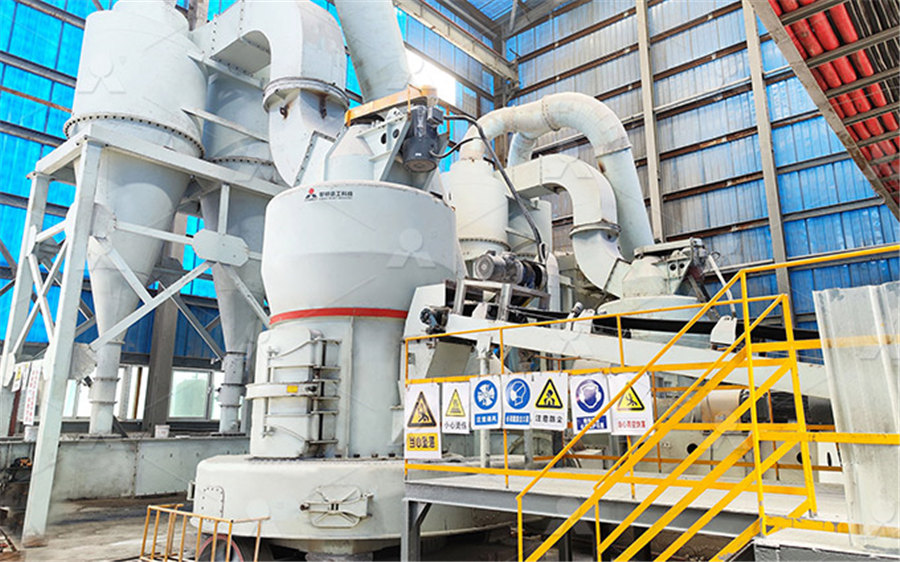
Silicon Solar Cells: Materials, Devices, and Manufacturing
The phenomenal growth of the silicon photovoltaic industry over the past decade is based on many years of technological development in silicon materials, crystal growth, solar cell device structures, and the accompanying characterization techniques that support the materials and device advances2023年3月21日 Silicon Wafers in Semiconductor Manufacturing Definition of Silicon Wafer Processing Silicon wafer processing refers to the manufacturing steps involved in producing highquality silicon wafers for use in Silicon Wafer Manufacturing: From Sand to Silicon2024年3月16日 extracted from rice husk ash under different temperatures with velocity such as zeolite, silicon carbide, silicon alloy, and soluble silicates from RH are applicable for (PDF) Production and Characterization of Silica from Rice Husk: An times with the silicon was filtered off which is slightly metallic silver grey colourThe product was allowed to dry in a desiccators’ and the silicon and unreacted sand separated physically and weighed The percentage of silicon in the silica sand was calculated using the formula % silicon = Weight of silicon x 100EXTRACTION AND QUANTIFICATION OF SILICON FROM SILICA SAND
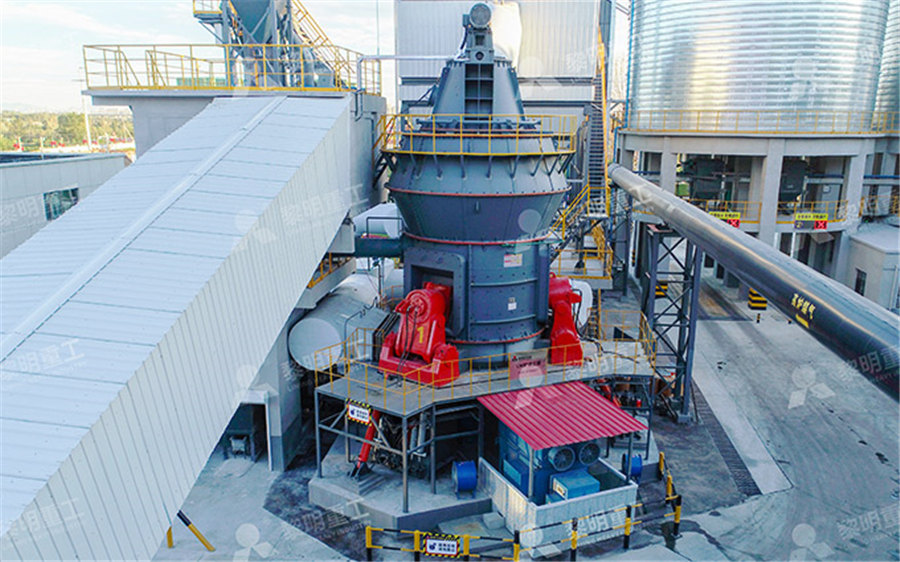
Chemistry of Silicon (Z=14) Chemistry LibreTexts
It is a group 14 element in the same periodic group as carbon, but chemically behaves distinctly from all of its group counterparts Silicon shares the bonding versatility of carbon, with its four valence electrons, but is otherwise a relatively inert element However, under special conditions, silicon can be made to be a good deal more reactive2009年5月24日 Sand used in the building industry is often yellow, orange or red due to impurities, but the type chosen in the manufacture of silicon is a purer form known as silica sand, which is usually recovered by quarrying To extract the element silicon from the silica, it must be reduced (in other words, have the oxygen removed from it)How sand is transformed into silicon chips Ultra HPQ2021年7月22日 with the form of silica extracted from quartz sand, leaves, and agricultural w astes found in nature The extraction process from various sources would be described using thermal, biological, and (PDF) Silica from Natural Sources: a Review on the Extraction and Metallurgicalgrade silicon (MGS) The typical source material for commercial production of elemental silicon is quartzite gravel; a relatively pure form of sand (SiO 2)The first step in the synthesis of silicon is the melting and reduction of the silica in a submergedelectrode arc furnace710: Semiconductor Grade Silicon Chemistry LibreTexts
FYEFEPS2HDZ49G5Z0[B.jpg)
Scalable Synthesis of NanoSilicon from Beach Sand
2014年7月8日 Herein, porous nanosilicon has been synthesized via a highly scalable heat scavengerassisted magnesiothermic reduction of beach sand This environmentally benign, highly abundant and low cost The resulting solid will contain silicon, magnesium oxide (the main products), magnesium silicide formed from the reaction of excess magnesium with silicon, unreacted magnesium and possibly a little unreacted sand The mixture will Making silicon and silanes from sand RSC Education2019年9月29日 Methods In this work, silicon is extracted from sand by metal–thermite reduction process and the sample of sand is collected from padma river Rajshahi, BangladeshThe Feasibility of Extraction of silicon from sand by Metal 2023年12月1日 The angle between siliconoxygensilicon bonds, known as siloxane bonds, can range from 120 to 180 deg and can be influenced by changes in bond energy, allowing for the creation of amorphous or irregular structures The various shapes and compositions that these oxygen bridges can take on give silica its unique properties [[39], [40], [41]]Silica extraction from rice husk: Comprehensive review and
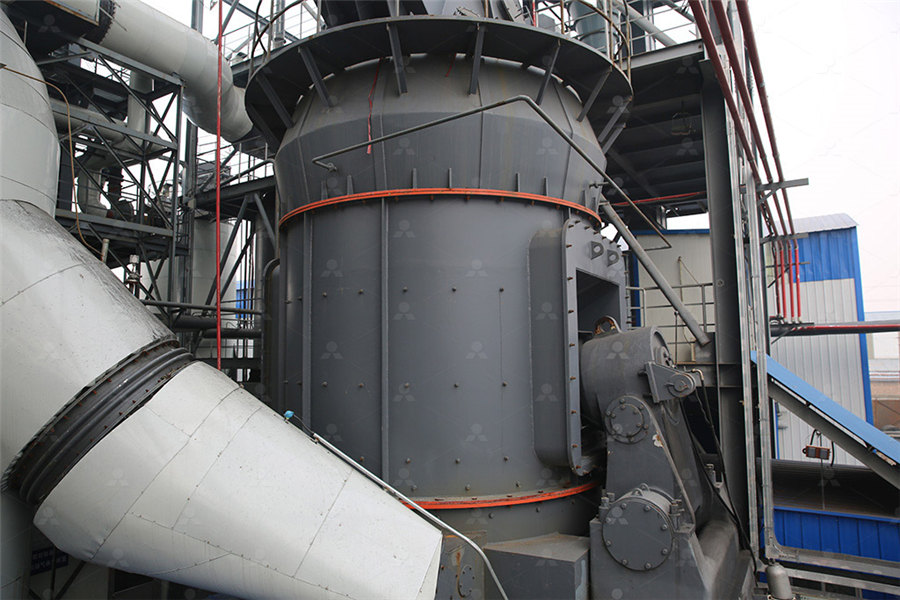
What Is Silica Sand How Is It Different From Regular Sand?
Specifically, silica sand is made up of silicon dioxide (SiO2) The most common form of SiO2 is quartz – a chemically inert and relatively hard mineral SiO2 grades at a 7 out of 10 on Mohs hardness scale, making it ideal for use as filtration media and abrasive blasting sands2017年9月21日 Nano silicon (nano Si) particles were directly prepared from natural mineral quartz sand and thereafter used to fabricate the hybrid silicon solar cells Here, in this preparation technique, two process stages were involved In the first stage, the alkaline extraction and acid precipitation processes were applied on quartz sand to fetch silica nanoparticles In the Study on Production of Silicon Nanoparticles from Quartz Sand 2023年8月17日 Step 2: Texturing Following the initial precheck, the front surface of the silicon wafers is textured to reduce reflection losses of the incident light For monocrystalline silicon wafers, the most common technique is random pyramid texturing which involves the coverage of the surface with aligned upwardpointing pyramid structures This is achieved by etching and Solar Cell Production: from silicon wafer to cell SinovoltaicsTerrestrial photovoltaic made from silicon starts as ptype monocrystalline Czochralski (Cz) silicon substrates But due to the lower cost of multicrystalline (mc) silicon, in the 1980s mc silicon wafers rose as a potential candidate to replace singlecrystalline (sc) onesManufacturing of Silicon Solar Cells and Modules
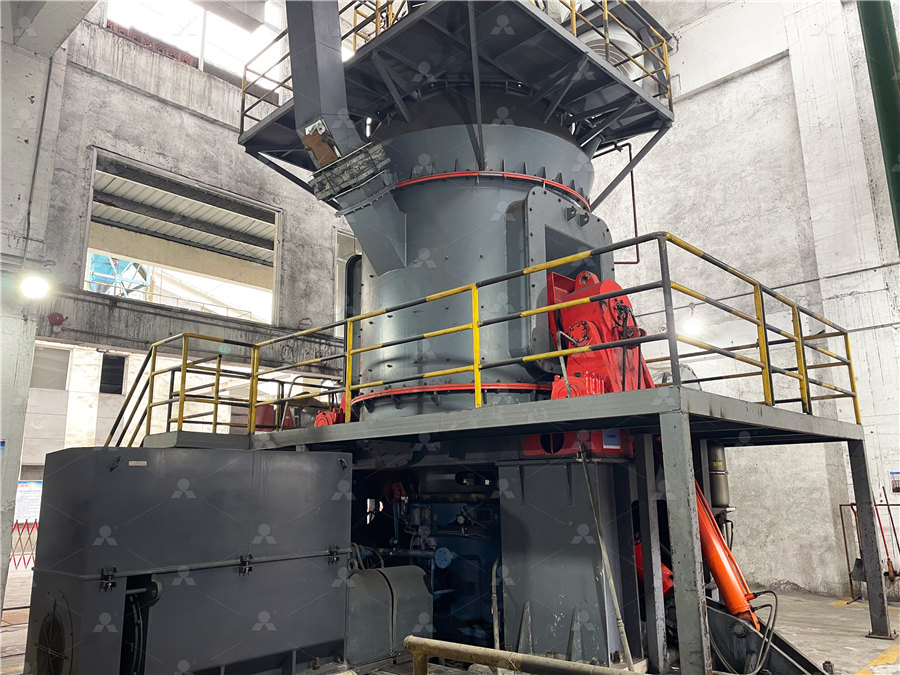
How many process will be from sand to Wafer
Why can the sand be used as raw material to make wafers? The main reason for choosing the sand is that the main component of the sand is SiO2 and the raw material of semiconductor is silicon (Si), so it is directly extracted from the sand First, the sand (SiO2) is displaced with carbon at a high temperature (2000C) to form silicon and CO2 A t this time t he silicon is metallurgical 2024年3月26日 Polycrystalline silicon, also known as polysilicon or multicrystalline silicon, is a vital raw material used in the solar photovoltaic and electronics industries As the demand for renewable energy and advanced electronic devices continues to grow, understanding the polysilicon manufacturing process is crucial for appreciating the properties, cost, and Understanding the Polycrystalline Silicon Manufacturing ProcessMonocrystalline silicon can be treated as an intrinsic semiconductor consisting only of excessively pure silicon It can also be a ptype and ntype silicon by doping with other elements In the production of solar cells, monocrystalline silicon is sliced from large single crystals and meticulously grown in a highly controlled environmentMonocrystalline Silicon an overview ScienceDirect Topics2021年11月15日 Were it not for the thin sheath of water and carbonbased life covering it, our home planet would perhaps be best known as the “Silicon World” More than a quarter of the mass of the EaMining And Refining: Pure Silicon And The

From sandy beach to Kaby Lake: How sand becomes
2016年8月25日 There are more than 300 steps to turn sand into silicon, but you can group them into 10 key areas If you can't imagine how the stuff you make sandcastles with can become a Kaby Lake processor, 2020年10月29日 Porous silicon can potentially address the poor cyclability and rate capabilities simultaneously by minimizing stresses and providing smaller silicon substructures for lithium diffusion Template assisted synthesis and magnesiothermic redn of silica to silicon offers a facile and scalable route for the prodn of porous silicon structures even when using a nonporous The Importance of New “SandtoSilicon” Processes for the Rapid Silicon as it's used in electronics, can’t be found just lying about on the ground, at least not exactly The silicon used for silicon wafers needs to be extracted from silica sand before it can be refined and turned into Si wafers How It’s Done Silica sand contains oxygen that needs to be removed to leave pure siliconWafer Manufacturing Process: Each Step Matters2023年12月20日 Production of monocrystalline silicon All the methods of purifying silicon that we’ve mentioned so far produce silicon formed from lots of individual crystals (‘polycrystalline silicon’), but for silicon wafers used in electronics and (increasingly) for solar cells, single crystals of silicon are needed (‘monocrystalline silicon’)From quartz to silicon to silicones Magazine
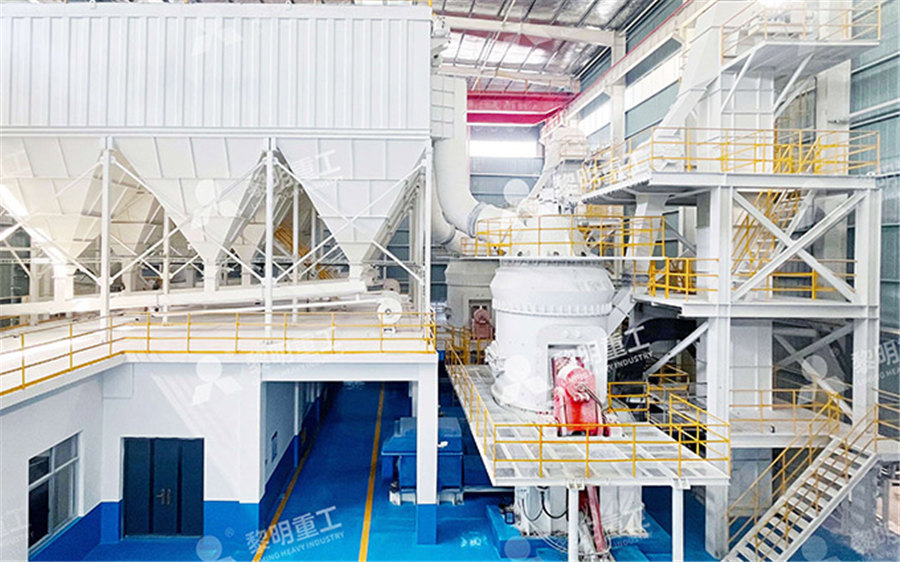
From Sand to Solar Modules: The Construction of Solar Cells
2022年8月25日 Then, because this silicon crystal is also remarkably brittle, you have to get out an incredibly long diamondstudded wire, also very clean, and string it up such that you can simultaneously slice out all the (generally) 160millimeterthick silicon wafers possible from that up to 2meter long monocrystalline silicon ingot2018年8月7日 Regular construction sand, at the other end of the sand scale, can be had for a few dollars per ton At his house, Glover shows me some Iota under a microscopeThe UltraPure, SuperSecret Sand That Makes Your Phone PossibleSilicon is extracted from sand by using different burning agents Most of the silicon is made by reduction of SiO 2 with C in the electric furnace and extraction of silicon can be done on supplying sufficient amount of heat to removal of the Oxygen from silica sand [1, 3] Magnesium used as reducing agent to extract silicon from sand [1]Quantitative and Qualitative Analysis of Silicon extracted from 2024年1月9日 0; Silicon Wafer Material is an essential component in semiconductor and integrated circuit production Silicon wafer material starts as raw quartz sand, which is then purified, grown into crystalline ingots, sliced into discs, polished and cleaned to create a pristine surface for building transistors and integrated circuitsSilicon Wafer Material: From Sand to Semiconductors













